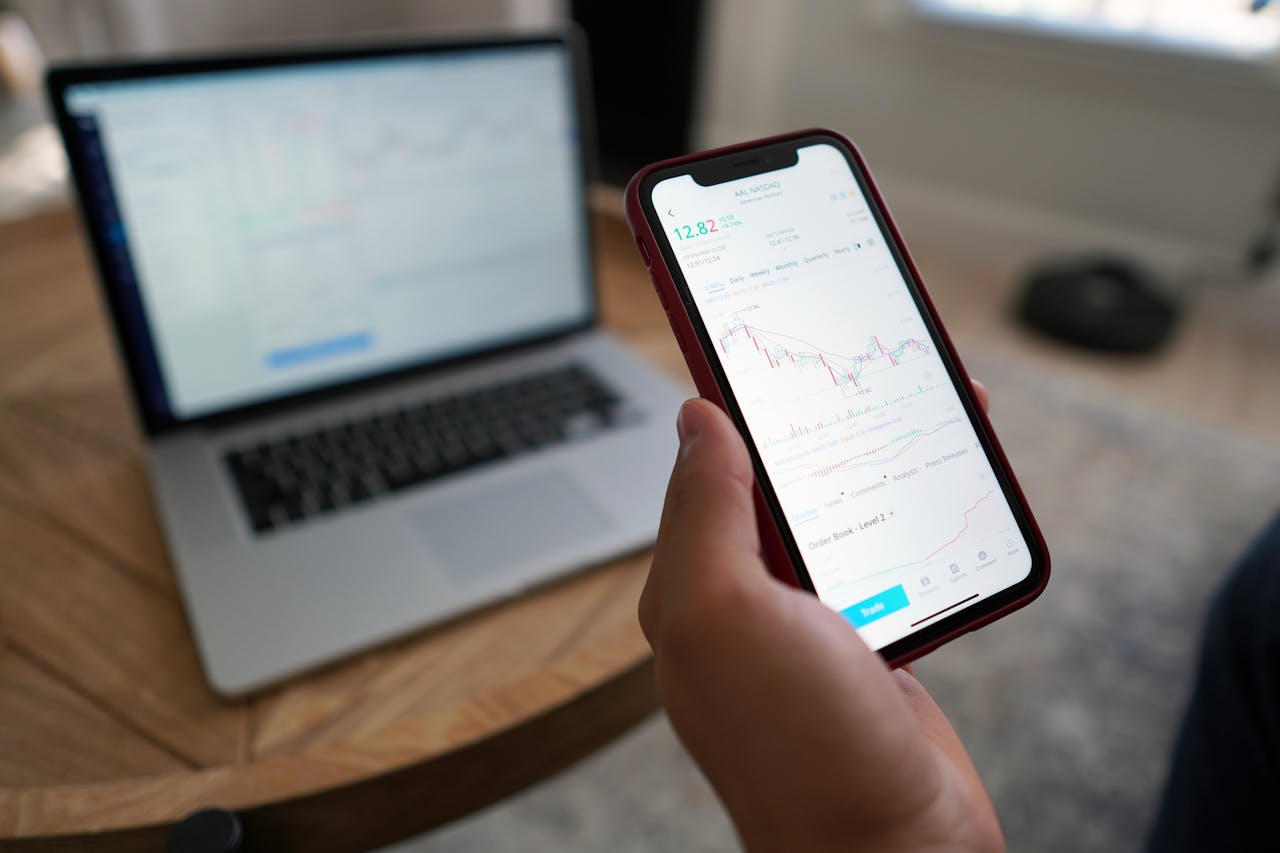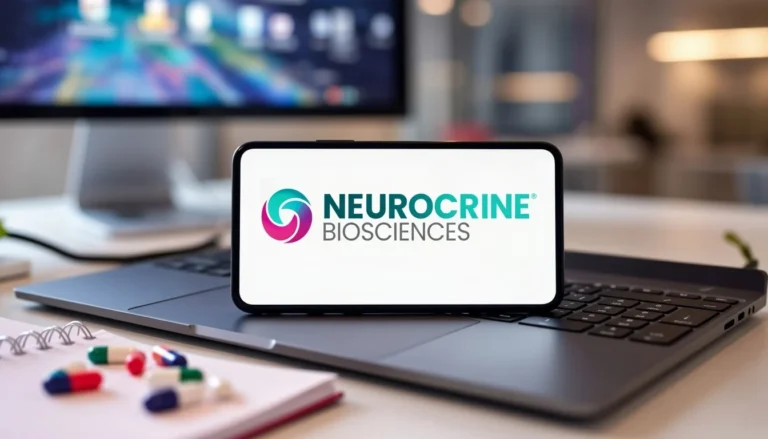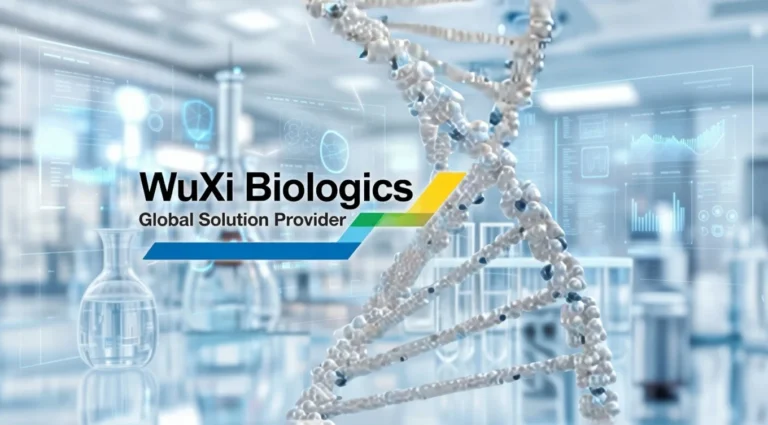
ISS and Glass Lewis Endorse Sinovac’s Current Board Ahead of Crucial Shareholder Vote
Sinovac Biotech Ltd. a leading Chinese biopharmaceutical company, announced that Institutional Shareholder Services Inc. (ISS), one of Wall Street’s most respected independent corporate governance research and proxy advisory firms, has officially recommended that shareholders vote to retain Sinovac’s current Board of Directors. ISS’s endorsement is the latest development ahead of Sinovac’s upcoming Special Meeting of Shareholders, where shareholders are being asked to vote on a proposal to remove the current board and replace it with individuals associated with a contested reorganization effort.
This recommendation follows a similar endorsement from Glass Lewis, another globally recognized proxy advisory firm. Both ISS and Glass Lewis have aligned in their support for the current Sinovac board, advising shareholders to reject the reappointment of the former board members, who Sinovac refers to as “reorganized fake board members.” These endorsements are expected to carry significant weight with institutional shareholders, many of whom rely on the guidance of such independent firms to uphold their fiduciary responsibilities and minimize litigation risks.
Chairman Praises Strong Support for Corporate Governance
Dr. Li Jiaqiang, Chairman of the Board of Directors of Sinovac Biotech Holdings, welcomed the endorsements, stating, “We are thrilled that both ISS and Glass Lewis—two of the most authoritative voices in corporate governance—have issued clear and unanimous recommendations in support of our current board. This affirms our continued commitment to restoring transparency, fairness, and value for all legitimate Sinovac shareholders.”
He added that in just the past four months, the current board has undertaken multiple efforts to correct historical governance issues and prioritize shareholder interests. Among these efforts, the board declared a special cash dividend of $55 per share, a significant move designed to deliver immediate value to shareholders. The board is also actively working with the Nasdaq to lift the current suspension of Sinovac’s stock trading and is exploring a potential future listing on the Hong Kong Stock Exchange to enhance market liquidity and support sustainable growth.
ISS Cites Strong Governance, Criticizes Former Board
In its detailed report, ISS emphasized the efforts of the current board to prioritize shareholder concerns, including dividend payments and restoring trading activity—issues that ISS believes are central to the company’s ongoing success.
Dividend Distribution:
ISS took particular issue with the former board’s lack of consistency around dividend policies. During their tenure, former board members failed to distribute dividends to shareholders, despite financial results that suggested such payments were feasible. Notably, Sinovac’s 2023 annual report stated there was “no intention of paying dividends in the foreseeable future,” contradicting the former board’s recent justifications.
ISS highlighted that while the former board refused dividends to public shareholders, they authorized transactions that funneled billions of dollars in dividends to minority shareholders of Sinovac Life Sciences Co., Ltd. (SLS)—a subsidiary—raising serious concerns about fairness and transparency.
Poison Pill and Shareholder Suppression:
The advisory report also raised red flags regarding the former board’s deployment of a “poison pill” strategy, suggesting it was used not as a protective measure, but as a means to consolidate power. According to ISS, the issuance of shares under this plan appeared retaliatory, targeting shareholders who opposed the board in previous elections. This maneuver contributed to the suspension of Sinovac’s stock on Nasdaq, further harming shareholder interests.
ISS concluded that these actions demonstrated a sustained pattern of governance that conflicted with the interests and will of the broader shareholder base.
Self-Dealing and Questionable Transactions:
ISS and Glass Lewis also scrutinized the former board’s involvement in transactions that diluted company ownership. Notably, the former board is alleged to have approved the sale of nearly 41% of Sinovac’s equity at a time when the company was profitable—an action that ISS characterized as potentially self-serving and damaging to ordinary investors.
Shareholder Call to Action
Sinovac’s current board is urging shareholders to stand with them in the face of what it describes as a coordinated campaign by Advantech Capital and Vivo Capital—collectively referred to as the “Dissident Investors”—and SAIF Partners, all of whom seek to regain control of the company. Sinovac alleges that these groups have relied on misleading statements, baseless accusations, and legal tactics to undermine shareholder value and reassert control.
The company is calling on shareholders to vote “NO” on the White Proxy Card—specifically to oppose Proposal 1, which would remove the current Board of Directors, and Proposal 2, which seeks to install the former board members implicated in the previous governance controversies.
According to Sinovac, the upcoming Special Meeting offers shareholders a rare and critical opportunity to reject the return of a board that prioritized internal interests over shareholder returns and corporate transparency.





